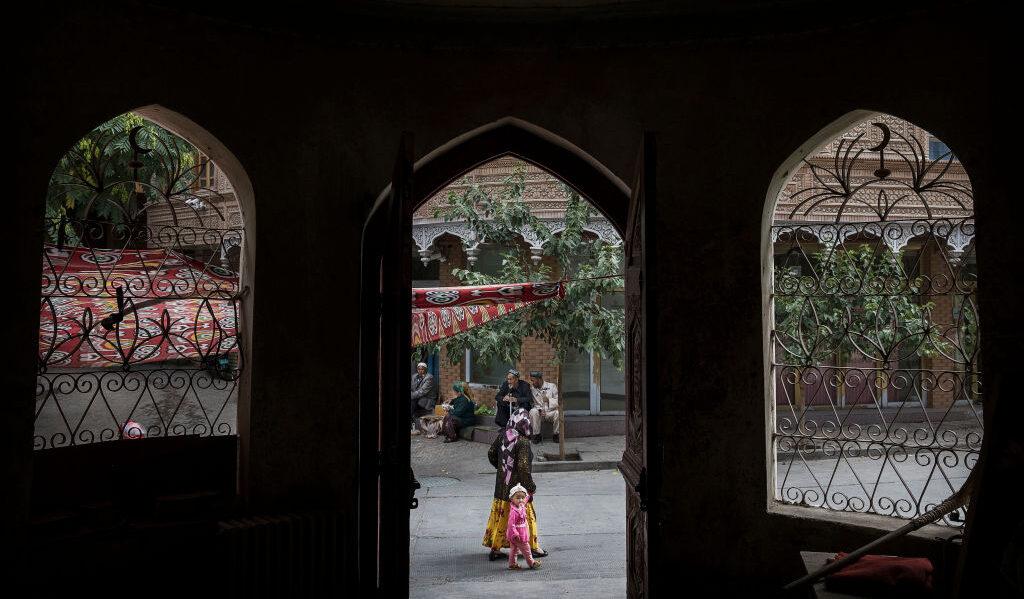Commentary
On Aug. 11, officials in the Chinese city of Weizhou, in the Ningxia Hui Autonomous Region, gave into the demands of thousands of protestors and delayed the demolition of the city’s Grand Mosque.

On Aug. 11, officials in the Chinese city of Weizhou, in the Ningxia Hui Autonomous Region, gave into the demands of thousands of protestors and delayed the demolition of the city’s Grand Mosque.